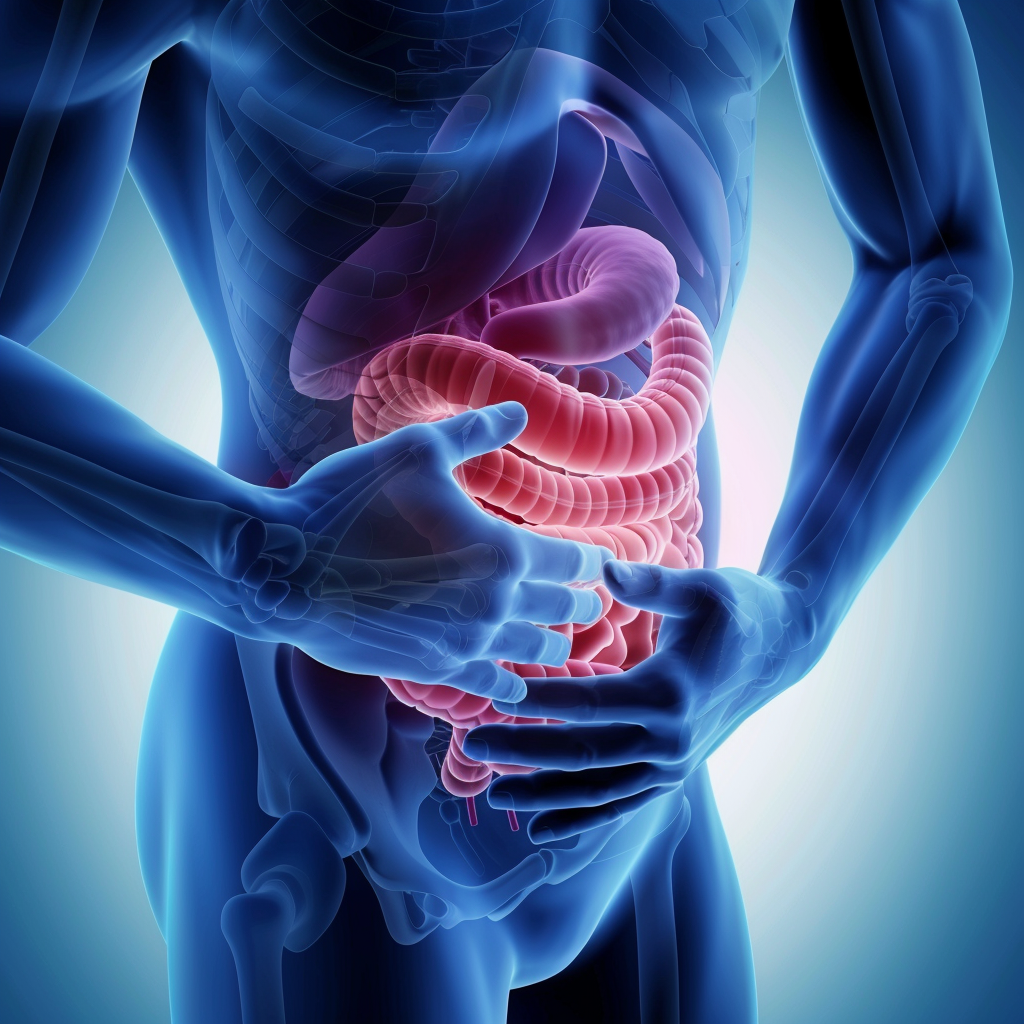Side effects of stomach ulcers incorporate stomach torment, bulging, reflux, and nausea. They can also cause vomiting, bloody stools, lethargy, and unexplained weight loss.

The signs and Side Effects of Stomach Ulcers Symptoms are open bruises on the stomach lining orduodenum.
GI problems typically arise from stomach ulcers and might worsen over time. However, symptoms differ per case. Some have modest symptoms that worsen with time, while others fluctuate between flare-ups and remission.
Stomach ulcer side effects are also prevalent. 5-10% of persons will get a stomach ulcer in their lifetime. 3 Learning the signs and when to see a doctor may be crucial.
Common Symptoms
Fully 70 percent of those with a stomach ulcer have no symptoms.4 If you do get symptoms, however, these will most likely be a mix of the primarily following ‘gastrointestinal’ (i.e., stomach-related) ones:
Abdominal Pain: In most people, the most well-known side effect of a stomach ulcer is torment in the upper midsection, the area of your torso between your breastbone and belly button. You’ll notice it as a burning, gnawing feeling that could or could not feel like an ache. This pain comes and goes, although it most commonly occurs between meals when your stomach is empty and overnight. In some, it can temporarily go away whenever you eat something, but for others, it comes back one to three hours after a meal.
Indigestion: Most people with a stomach ulcer will also complain of indigestion symptoms – i.e., they will feel worse than would be expected from a superficial ulcer alone. Indigestion symptoms include heartburn, bloating, belching, feeling fullness when eating sooner than expected, after just a few mouthfuls, or becoming uncomfortably full after a meal.
Nausea: Indeed, symptoms associated with a peptic or stomach ulcer include nausea after eating a meal or when the stomach is empty (you will feel uneasy or queasy in the stomach and will want to vomit)
Loss of Appetite: It can sometimes cause pain and a feeling of unhappiness, causing you to lose your appetite and not eat any meals in a day. Therefore, due to your weak appetite, you can also experience weight loss.
Rare Symptoms
Sometimes, symptoms of a stomach ulcer can get worse, which could indicate a potential complication. While complications of stomach ulcers are infrequent, if you have one or more of these symptoms, you ought to contact your medical services supplier and seek clinical help.
Vomiting: Stomach ulcers frequently lead to nausea, while regular vomiting may be a more serious problem, perhaps an obstruction or blockage of your stomach. Red blood in your vomit can look like coffee grounds, for example, and can indicate internal bleeding.
- Dark, Tarry Stools
- A dark, tarry stool or a stool with blood that is red or maroon can be indicative of bleeding from a peptic ulcer.
- Unexplained Weight Loss
You may lose weight without effort because you no longer feel like eating. Stomach ulcers can impair food absorption, causing malnutrition and weight loss without your consent.
Fatigue: Persistent exhaustion or a lack of vitality (physicians might call this fatigue) is another common symptom of a stomach ulcer.
Occasionally, ulcers bleed, which is not a major concern but might cause anemia—a lack of red blood cells to create oxygen.Otherwise, ulcer stomach pain disrupts sleep and makes the person tired during the day.
- Sudden, intense, and severe abdominal pain
- Difficulty breathing
- Rapid heart rate
- Dizziness or fainting
- Sweating
- Confusion
- Vomiting blood
- Dark, tarry stools
- A stiff, rigid abdomen that hurts when touched
If you’re not sure about your symptoms or how bad they are, it’s always.It’s better to be safe than sorry, so if you have physical complaints, you should see a doctor. They can assess your symptoms and give you treatment recommendations.
Pro-Tip
A stomach (peptic) ulcer is a sore on the lining or duodenum. Ulcers cause abdominal pain, indigestion, nausea, belching, loss of appetite, and, in some, fullness after eating. Some stomach ulcer patients never have symptoms, but others do for a few minutes to several hours. These symptoms usually occur between meals or after bedtime and are eased by eating or taking antacids.
In some instances, stomach ulcer symptoms worsen. Unfortunately, these problems don’t happen very often. If you experience loose stools, vomit, lose weight without reason, or get exhausted easily, see a doctor, even if rarely.





